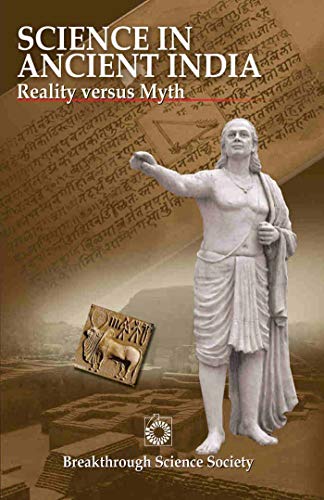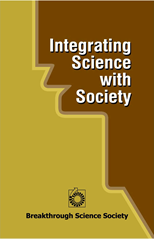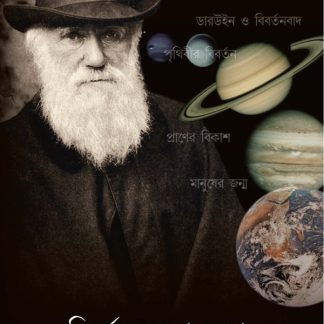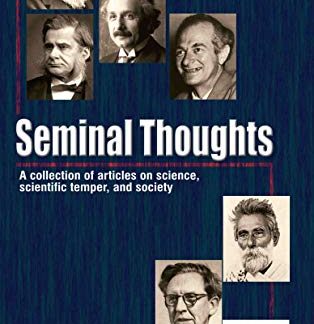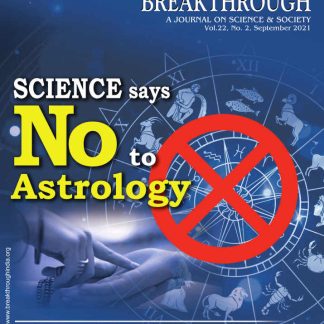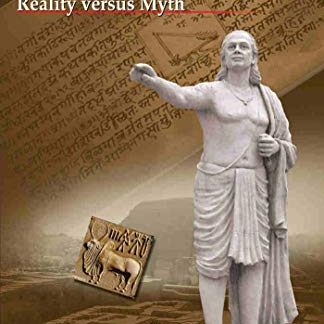Description
The part of the world which is known today as India had a rich scientific tradition in the past. When we study the relics of the ancient times – from the pre-Vedic Indus Valley civilization, through the Vedic age, and to the post-Vedic or Siddhantic period – we find evidence of this scientific tradition. This land witnessed a gradual enrichment of human knowledge about nature and the natural processes, each generation building on the knowledge acquired by the earlier ones. In certain periods, the social conditions and the prevalent philosophical outlook accelerated the pace of development of science in this land, and in some other times, it retarded the process.
Yet, instead of being proud of this scientific heritage and building on it, we are witnessing a disturbingly growing trend. The spread of unscientific beliefs is on the rise and ludicrous claims are being made about the achievements of science in ancient India. In particular, a fanciful picture of the Vedic period is being painted with the express view to fomenting obscurantism and religious jingoism, which, if successful, will strike the death knell of the development of a scientific culture in India.
In this book, we intend to do a thorough reality check. What were the real contributions of this land in science? We approach this question with an unprejudiced mind and rely only on dependable and objective evidence to piece together the achievements in different areas of science and technology, in different periods of our history. We also examine the credibility of the various myths being deliberately created and circulated by passing off mythology as history

